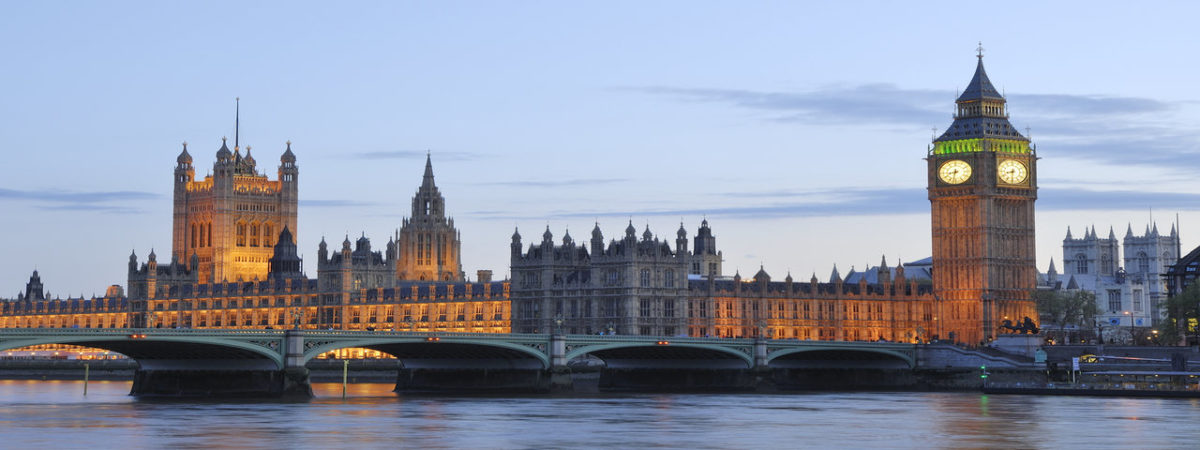No frills, please: how private healthcare is spreading to India’s poor
SUGGESTED



True, in international league tables, the NHS usually performs badly; true, waiting lists remain an ongoing problem; true, the unhygienic state of some hospitals still attracts headlines. Nevertheless, key questions remain in the minds of the public: how would poor people get access to healthcare without the NHS? Do we want them to go untreated while the rich enjoy luxury care?
Recent experience from India suggests that these fears are misplaced. Following liberalisation in the sector, India’s healthcare industry is about to develop a low-cost market segment, opening up healthcare to the poor.
The best thing about India’s nascent system is that there is no system. There is widespread experimentation with different business models. Extensive use of economies of scales, digitalisation, price discrimination, economising on comfort, and careful scrutiny of costly new technologies all act to cut costs, but do not necessarily compromise quality of treatment. The growth of the yet embryonic private health insurance industry could spread access further.
But how come technological progress makes healthcare cheaper in India and elsewhere, while it drives up its costs in Western systems?
It all depends on the incentives consumers and producers face. Over the last 10-15 years, there has been an explosion in consumer electronics. Yet most of us do not spend a vast share of our budgets on these items. While many expensive new products have emerged, in most instances low-cost alternatives have quickly become available and for a simple reason: there was demand for them.
Incentives are vastly different in Western healthcare systems. Since the bulk of spending comes from governments (usually well above 70% of the total in OECD countries), consumers only pay directly a fraction of the costs and therefore do not demand no-frills alternatives. Thus fewer low-cost options are developed in the first place. New medical technologies usually add to the stock of the existing ones, and seldom substitute them with a low-cost alternative. When costs finally spiral out of control, governments respond with blunt rationing at the expense of patients.
Hopefully, the West will learn from the Indian experience before it occurs to Indian policymakers to emulate NHS-style socialised medicine.
6 thoughts on “No frills, please: how private healthcare is spreading to India’s poor”
Comments are closed.





What a marvellous notion: a market where customers pay for what they want, where it pays to satisfy them, and where government keeps right out of the picture. But how in the West can we ‘un-vest’ the interests that seem to hold us all to ransom?
There is one idea from medical ethics that could be applied more widely, specifically to governments. The part of the Hippocratic Oath that enjoins medical practitioners: ‘Above all, do no harm!’ Would it be too ambitious to ask politicians to observe the same oath?
What a marvellous notion: a market where customers pay for what they want, where it pays to satisfy them, and where government keeps right out of the picture. But how in the West can we ‘un-vest’ the interests that seem to hold us all to ransom?
There is one idea from medical ethics that could be applied more widely, specifically to governments. The part of the Hippocratic Oath that enjoins medical practitioners: ‘Above all, do no harm!’ Would it be too ambitious to ask politicians to observe the same oath?
I saw some fascinating work relating to health micro-finance in India. The analogies with friendly soceties were remarkable. The members of a group would pay low premiums and the elected committee of the group would decide who was treated for what. The people would negotiate as a group to get good rates for health services. There was no evidence of needs being unmet (though that would theoretically be possible) but the committee had a huge incentive to (a) get good rates from the service providers and (b) provide good health education to the group members as so many conditions could be alleviated by lifestyle changes (not least taking more care when working with dangerous tools at work).
I saw some fascinating work relating to health micro-finance in India. The analogies with friendly soceties were remarkable. The members of a group would pay low premiums and the elected committee of the group would decide who was treated for what. The people would negotiate as a group to get good rates for health services. There was no evidence of needs being unmet (though that would theoretically be possible) but the committee had a huge incentive to (a) get good rates from the service providers and (b) provide good health education to the group members as so many conditions could be alleviated by lifestyle changes (not least taking more care when working with dangerous tools at work).
We could get a good deal closer to a self-steering, consumer-directed health (non-)system even without endangering the universal access which the European public values so much. In Bismarck-systems with semi-independent sickness funds, one would simply have to allow these funds to freely negotiate contracts with selected providers individually – as opposed to centralised agreements between one collective representing providers and another collective representing health funds. In such a system, funds could deliberately disriminate in favour of (or against) particular models of health provision, resulting in competition between different organisational models.
We could get a good deal closer to a self-steering, consumer-directed health (non-)system even without endangering the universal access which the European public values so much. In Bismarck-systems with semi-independent sickness funds, one would simply have to allow these funds to freely negotiate contracts with selected providers individually – as opposed to centralised agreements between one collective representing providers and another collective representing health funds. In such a system, funds could deliberately disriminate in favour of (or against) particular models of health provision, resulting in competition between different organisational models.